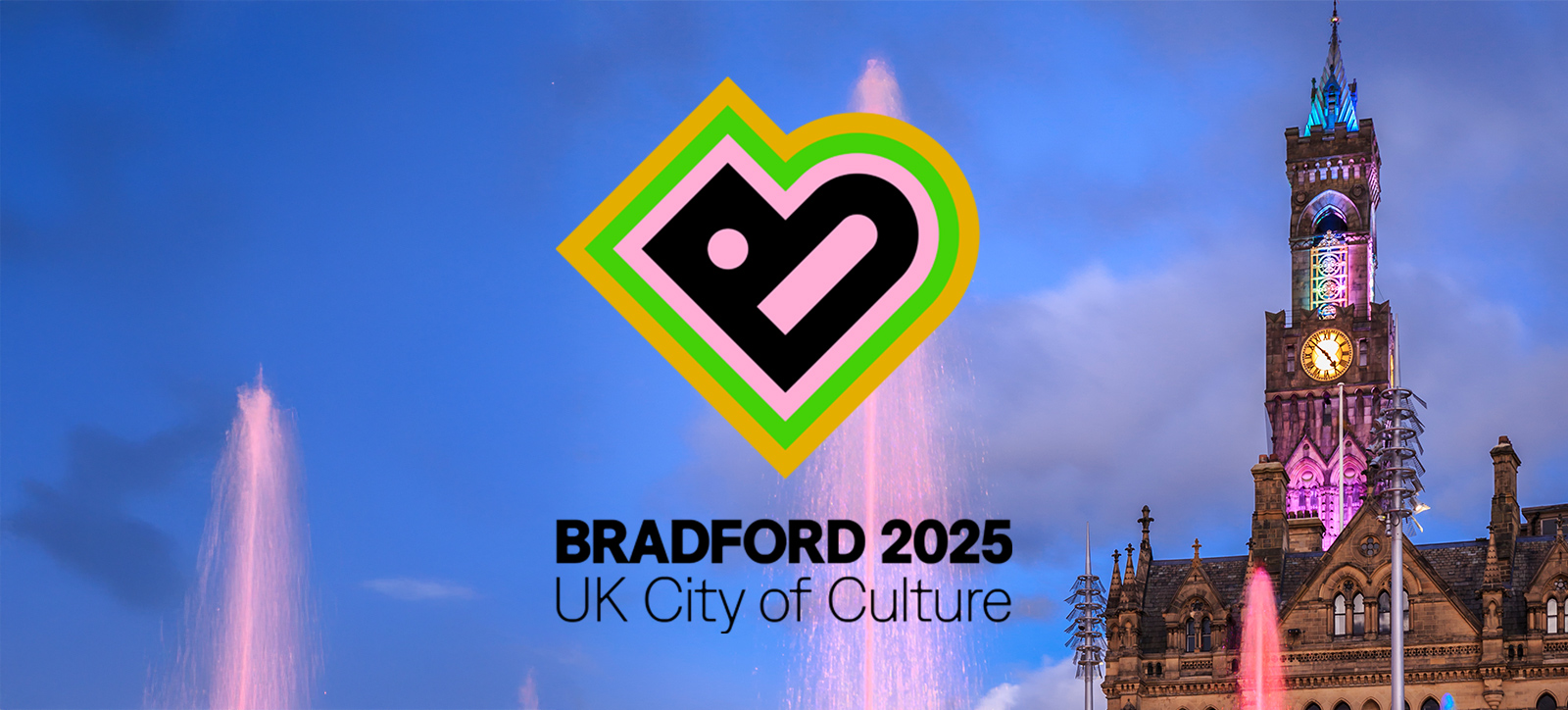
Bradford 2025: the UK City of Culture has an evaluation strategy that will involve as many voices as possible
As Bradford enters 2025 as the UK City of Culture, it will be on an intriguing journey of social value creation which the organisers hope will engage communities across the city, encourage the next generation of local artists, performers and creatives, and build a lasting legacy in terms of new skills, jobs and economic opportunities.
As such, it will be building on a year in 2024 that saw significant strides in recognising the importance of the social economy – that is the placing of social and environmental purpose over profit – as well as heralding a coming year when a growing number of organisations will be supported to pursue social value creation.
This shift will be driven by increased investments from impact investors, such as impact-focused venture capital firms, looking to drive positive change, and by stronger commitments from governments who will recognise the potential of social value to foster positive societal transformations, inclusivity, and sustainable growth. After all, two key pillars of the social economy movement are the reinvestment of profits to benefit society, and governance that is inclusive and participatory.
For instance, in the UK, there are ongoing debates about enhancing the Social Value Act (2012) to better support the contributions of the voluntary and social enterprise sector. This legislative focus is also expected to spur more conventional businesses to turn their attention towards social value, not merely as a risk mitigation tool for Environmental, Social and Governance (ESG) concerns but as a genuine mechanism for driving positive social change.
Companies are beginning to see the tangible benefits of this approach, which include improved productivity, stronger stakeholder commitment, talent attraction, and market differentiation.
We can also expect to see more meaningful partnerships between traditional businesses and the social economy. These collaborations will not only boost the growth of the social economy but also enhance companies' capabilities to use resources responsibly.
Better use of social value data
The second major trend for the social economy in 2025 is likely to be the development and implementation of more formalised methods for measuring social value and using the data it generates. Governments and organisations will increasingly compile databases and establish data observatories, such as the ‘evidence banks’ created by the Economic and Social Research Council and the Wellcome Trust which support the learning, adaptation, and scaling of social economy activities.
Historically, measurements have been used to improve efficiency so that costs could be justified. But the better collection and analysis of impact measurement data is now opening doors to identifying the most effective interventions for specific social issues.
Going forward, we are likely to see greater emphasis being placed on using data for larger scale analysis of the reliability and coherence of particular social value interventions, such as those that have accompanied major events like Coventry’s year as the City of Culture in 2021 and the Birmingham Commonwealth Games in 2022.
And now we have Bradford’s year in the limelight. An evaluation strategy is in place which will involve as many voices as possible from community members and organisations as well as cultural producers in a collective learning process that will hopefully deliver both on local social issues and a year of exciting events. Complementing this significant exercise in participation will be an innovative use of data management and analytics.
At the end of it all, hopefully, there will not only have been a celebration of everything Bradford has to offer artistically and culturally, but also a lasting legacy of cultural regeneration and economic growth.
Yet challenges remain for the whole idea of a social economy. One of the trickiest ones in the long-run is how the narrative of social value creation will sit alongside economic value. Will it be seen as a complement, a replacement, or as part of a holistic value system?
Whatever is decided it will have profound implications for how data is collected, analysed, and communicated. Addressing these challenges will require further methodological development and sophistication.
Further reading:
Predictions for 2025: a bleak outlook but with glimmers of light and hope
What will 2025 bring for energy and climate action?
How employee wellbeing will move up the agenda in 2025
The EU will lead the way on sustainability reporting in 2025
Navigating AI in 2025: The promise and the pitfalls
The NHS in 2025: A tale of targets, technology and transformation
Will 2025 be the year when a UK industrial strategy finally takes shape?
Haley Beer is Associate Professor of Operations Management. She teaches Creating Sustainable Organisations on the Executive MBA, Executive MBA (London), the Global Online MBA and the Global Online MBA (London).
Discover more articles on Sustainability by signing up to Core Insights.




 X
X Facebook
Facebook LinkedIn
LinkedIn YouTube
YouTube Instagram
Instagram Tiktok
Tiktok